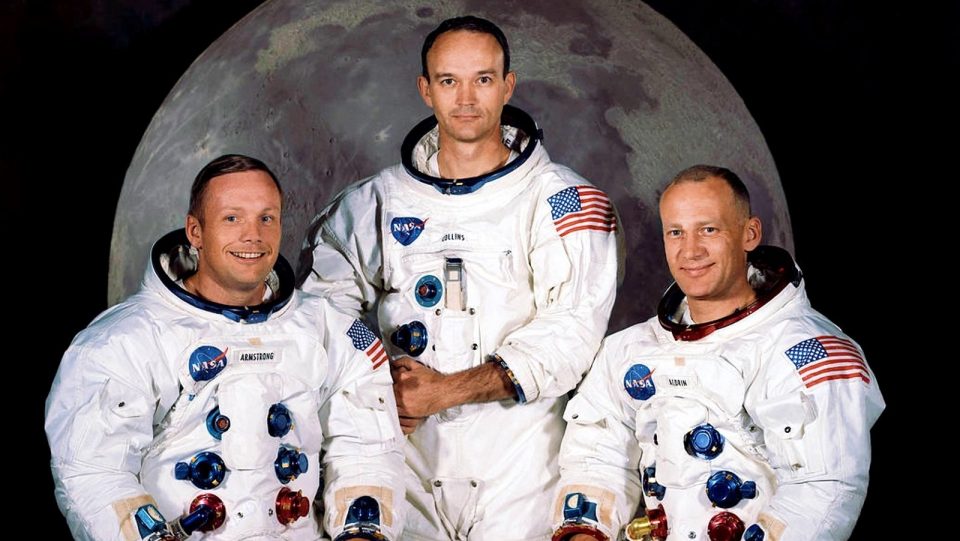In 2019, Insider reported that astronauts believed budget and politics were the main barriers that kept humanity away from returning to the moon. “If it wasn’t for the political risk, we would be on the moon right now,” former NASA Administrator Jim Bridenstine told Insider. “In fact, we would probably be on Mars,” Bridenstine added.
NASA legend and astronaut Buzz Aldrin testified before the Senate Subcommittee on Space, Science, and Competitiveness on February 24, 2015 (via Senate.gov), warning that a return to the moon would only be made possible with the support of Congress and the administration. “American leadership is inspiring the world by consistently doing what no other nation is capable of doing,” he said. “We demonstrated that for a brief time 45 years ago. I do not believe we have done it since. I believe it begins with a bi-partisan Congressional and Administration commitment to sustained leadership.”
Business Insider also interviewed Apollo astronauts Rusty Schweickart and Harrison Schmitt in 2019 during an event to celebrate the 50th anniversary of the Apollo 11 moon landing. Speaking about the Artemis program, Schweickart said, “Accelerating something that ambitious is a real challenge, and it takes commitment and dollars. We’ve tried two other times — administrations have tried — and they’ve been stillborn.” Astronaut Schmitt added that in order for a moon program to succeed, it needs to recreate the Apollo work environment that was filled with young, energetic, and ambitious people.
During his own testimony to Congress in 2015, astronaut Walter Cunningham said, “Manned exploration is the most expensive space venture and, consequently, the most difficult for which to obtain political support.” Cunningham reminded Congress that NASA’s budget during the Apollo days peaked at 4% of the federal budget but remained below 1% percent for the past 40 years. “Any project as complex as Apollo requires three things: resources, technology, and — most important — the will to do it,” Cunningham added.


